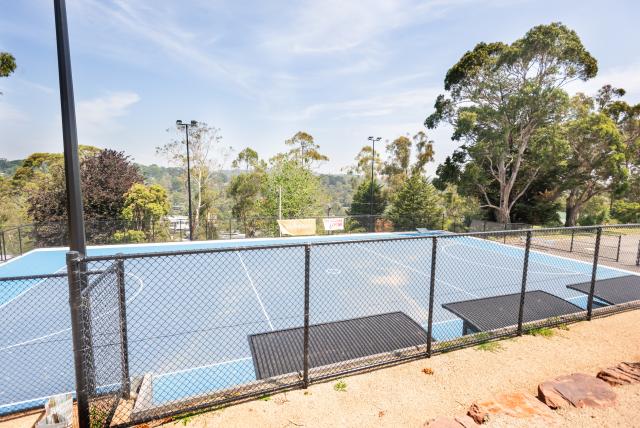
By Callum Ludwig
Pork barrelling scandals have plagued Australian politics in recent years and one Independent MP has introduced a bill hoping to crack down on the shady practice.
Indi MP Helen Haines has introduced a Private Members’ Bill to the Federal Parliament to try and improve the fairness, transparency and accountability for where government funds are directed.
Dr Haines said taxpayer money should be spent on the needs of communities not the wants of the major parties.
“Funding decisions should be evidence-based, with grants awarded on merit and need,” she said.
“At election time, the major parties use taxpayer money to shore up votes in marginal seats. Rorting grants programs wastes money and destroys public trust in government processes.”
Dr Haines has worked with the Centre for Public Integrity, including Executive Director Dr Catherine Williams and Director and lawyer Geoffrey Watson SC, to help draft the bill.
“When there are so many unmet areas of need in our community, the misuse of public money is a problem Australia simply can’t afford,” Dr Williams said.
“We are not talking about millions, we are talking about billions of dollars of taxpayer’s money allocated incorrectly, inadvisably and contrary to public interest. Why not bring the spending under control?” Mr Watson said.
Both major parties have come under scrutiny for potential pork barrelling in recent times, with the Coalition called out by the Australian National Audit Office (ANAO) for the ‘sports rorts’ and ‘car park rorts’ in 2020 and 2021 respectively, while the Auditor General has found the current Labor Government was only partly consistent with guidelines in awarding funding through the Building Better Regions Fund, with the third and fifth rounds of funding deemed to be ‘not appropriately informed by departmental advice’ or ‘based on merit assessment results’. Labor is also currently subject to an audit of the first round of the Community Batteries for Household Solar program.
Dr Haines said at its best, pork barrelling is maladministration, at its worst its corruption.
“My Bill would require ministers to report to the Parliament when they have delivered money to their own electorates or gone against the advice of their department when awarding grants,” she said.
“Sunlight is the best disinfectant, and by forcing Ministers to front up and explain themselves if they go against official advice, we are less likely to see dodgy decisions made on the eve of elections to win votes.”
The Casey electorate has featured among a few of the recent pork-barrelling scandals, with $500,000 awarded for a Belgrave reserve netball court development that didn’t meet the required merit score during the sports rorts, featuring as one of the electorates promised a project in the car parks rorts and potentially being caught up in another with Yarra Junction the recipient of a community battery.
Casey MP Aaron Violi said he’s got some concerns with the bill.
“The reality is that the role of a local member of parliament is to represent our community and to fight for the needs of our community, no one knows better than a local MP the challenges that a community faces and that’s our job,” he said.
“We should not be abdicating responsibility because a bureaucrat in Canberra looking at a spreadsheet or looking at black and white words cannot understand the intangible needs of our community.”
Mr Violi is on the Federal Government’s Joint Committee of Public Accounts and Audit which works with the Auditor General to review government spending.
Mr Violi said he thinks the proposed bill is a bit of grandstanding and is quite disrespectful to the Audit Committee and the Auditor General.
“We need to continue to support the Auditor General to make sure that they’re independent and that they’re well funded, and we can’t let governments or executives of any side be able to limit the workload of the Auditor General,” he said.
“We also haven’t seen any cases come before the National Anti-Corruption Commission (NACC), so this is a new body that will potentially, and in theory, and was argued by many, stamp out some of these practices,”
“I’ve got a lot of respect for the Member for Indi, I know her quite well, but I think given the processes we’ve got in place, let’s see how the new anti-corruption commission impacts this and we’ve already got an independent Auditor-General that needs to be fully supported and funded.”






